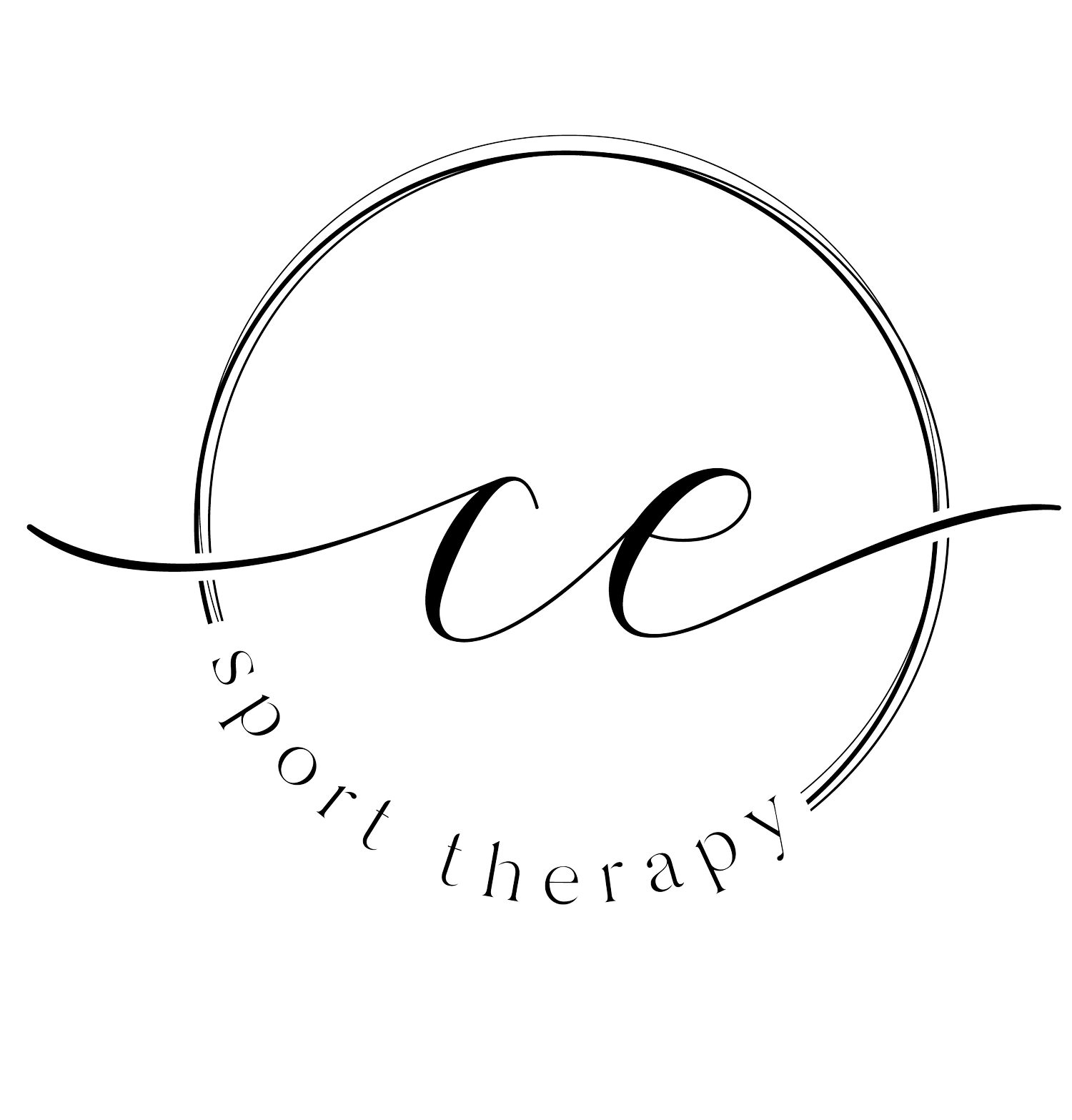Red Flags to watch out for when choosing a clinic/ therapist
You might not know that one of the main reasons we opened CE Sport Therapy all those years ago was because of the horror stories we heard (and continue) to hear about the "average" clinic. Here are some examples:
One client told us that the clinic she was going to closed for the night in the middle of her appointment! In the middle of doing her exercises, as instructed, the lights turned off. She found that her and the cleaners were the only ones there. The therapist and other staff members had left for the day!
We also had one client whose TENS machine was set at a really intense frequency. He called out for help to adjust it but no one answered. He tried to remove the electrode pads and ended up shocking himself! Luckily other than feeling rattled and upset, he was ok. He got up and left after that.
To say the least we were... enraged... when hearing these stories about how these people were treated. Plus the numerous other stories of poor treatment and ineffective strategies. We know you deserve far better than that. It motivates us to not only exceed the "standard" level of care that seems to be accepted in our industry but to exceed our own level of care day after day.It might seem tempting to go to the closest or cheapest clinic but... we're not all created equally. So that's why we've complied this list of red flags for you to help you avoid being in a terrible situation like the clients I mentioned above.
Red Flags to watch out for when choosing a clinic/ therapist
1.) When you call to ask a question they give you yes/ no answers or no answers at all!
You should feel welcomed during every single interaction with the clinic and therapist. Your questions are not an inconvenience! You should be praised for doing your due diligence and asking those questions, not be dismissed. When you speak with a staff member at the clinic, they shouldn't even just be answering your questions. At a great clinic, they will ask you questions of their own! They should be spending the time to get to know you and understand your situation so they can help to the best of their ability.
2.) You spend more time alone than you do with the therapist themselves.
I'll let you in on a little secret. There is a reason that the cookie cutter rehab approach involves only a few minutes of time with the therapist followed by heat/ ice, being hooked up to a machine such as TENS, and then doing your exercises on your own.It allows the therapists to overlap their clients! Meaning that they are seeing multiple clients at the same time and bouncing back and forth between them. This allows them to earn more revenue but isn't necessarily what's best for the client's recovery. Sometimes the things you are doing during the alone time in your appointment are things that could be done at home anyways!
3.) They don't listen to your feedback
The approach that worked for someone else with the same injury might not work for you. Your body and your injury is unique. And therefore so much of the rehab process is an experiment. Your feedback is vital to help us sort out which techniques are helping you the most at this period in time. A great therapist will listen that feedback attentively and alter their course of treatment depending on how it has been received so far.
4.) The bulk of the treatment is heat or TENS
As you can probably tell by my comments under #2, heat ( or ice) and TENS, aren't my favorite. That's because they primarily work with something called "Gate theory". This essentially means that it tricks your brain into feeling the sensation of the TENS and not the sensation of pain. This is great for short term pain relief when you really need it. But in terms of long term pain resolution, TENS is rarely going to be a cure. And in regards to heat; we love heat as a way to decrease pain and muscle spasm. But couldn't you do that at home? We use both heat and TENS (although our little machine tends to collect dust in the drawer most days) in our clinic as a way to help you feel better. However, it's always used in conjunction with other forms of therapy aimed at more long term relief.
5.) They are unwilling to collaborate with other practitioners/ therapists.
At CE Sport Therapy, we believe that 2 experts are better than 1. Most injuries have numerous contributing factors and 2 complimentary approaches can often give you faster results! That's why we often work together as a team.If you're already seeing another therapist/practitioner outside of CE Sport Therapy, we like to send them a letter and discuss our approach, their approach and how we can work together.Most of the time these letters are well received but not always. Some practitioners/ therapists aren't willing to work together with another therapist and aren't willing to consider the idea that an additional complimentary approach would be more beneficial than just what they have to offer themselves.If you're therapist isn't willing to consider the perspective of others .... Red Flag! If you're currently attending a clinic where these red flags apply (or if you have in the past). We encourage you to get a second opinion about your treatment plan. We're happy to do just that. Simply click the button below to request to speak with one of our injury specialists. We will give you a call in your requested time frame to discuss your injury and current treatment plan. And we won't be shy about letting you know whether you're on the right track of if you need to consider an alternate approach.
We're rooting for you!


